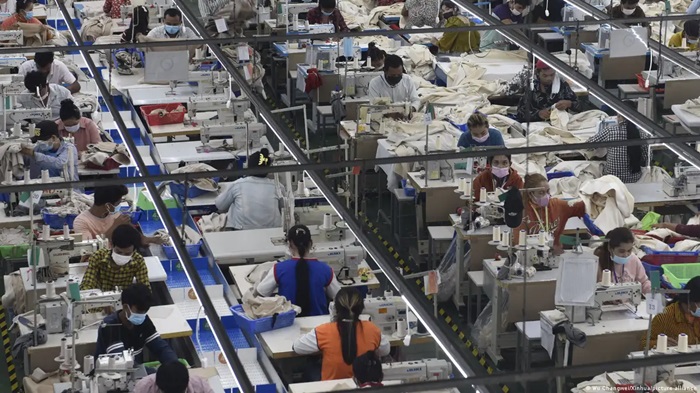Sweden, currently holding the rotating presidency of the EU Council, has caused controversy by removing a ban on the destruction of unsold and returned textiles from a draft law aimed at improving circularity and sustainability within the European economy.
This decision has led to a group of more ambitious countries, including Germany, France, Austria, the Netherlands, and Belgium, blocking the agreement until the ban is reinstated. The removal of the ban has been deemed unacceptable by these countries, who argue that it contradicts the principles of a circular economy.
The proposal, known as the ecodesign proposal, was introduced by the European Commission in 2022 to enhance the environmental performance of certain products. The ban on destroying unsold textiles was a key component of this proposal, aiming to reduce waste and discourage overproduction. The textile industry is a significant contributor to resource depletion, water usage, and greenhouse gas emissions, making it crucial to address its sustainability challenges in Europe's transition to a more environmentally friendly economy.
The destruction of unsold consumer products, particularly due to the growth of online sales, has become an environmental problem across the EU. The European Commission's proposal highlights that this practice leads to the wasteful use of valuable resources, as goods are produced, transported, and then destroyed without ever fulfilling their intended purpose.
Several EU member states have already implemented national-level laws to prevent the destruction of unsold consumer products. Failing to introduce a similar measure at the EU level could create market distortions, according to the EU executive's argument in support of the ban.
The removal of the ban by Sweden has now sparked a deadlock within the EU country representatives. While discussions took place to reinstate the ban, an agreement could not be reached. The Swedish presidency will need to continue working on an agreement before the next meeting of EU country representatives. The hope is that an agreement can be reached, allowing ministers to approve the law at the competitiveness council. Subsequently, negotiations with the European Parliament will take place to finalize the law. Restoring the ban on the destruction of unsold textiles would be a significant step towards reducing waste and encouraging responsible production and consumption practices within the EU.












